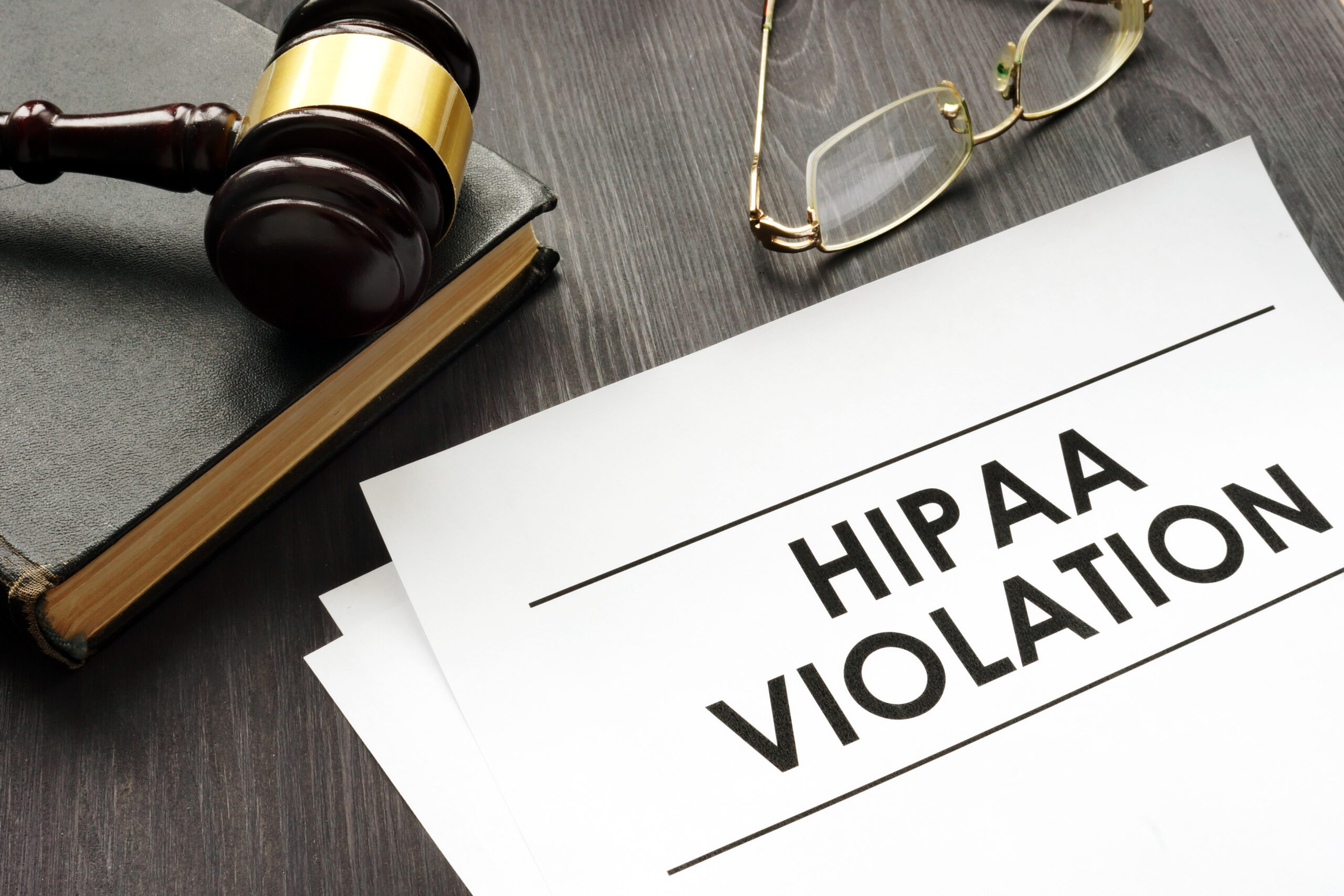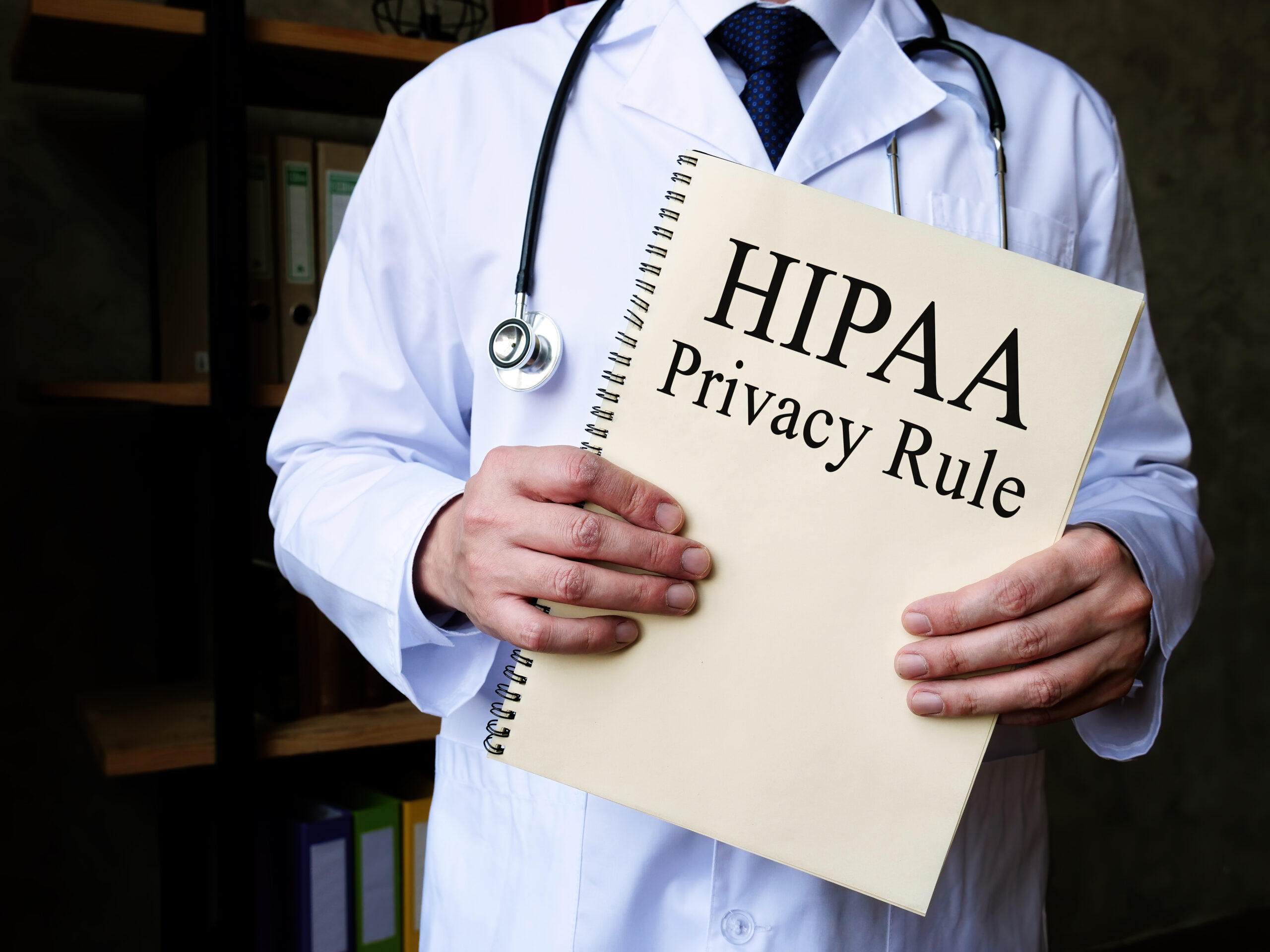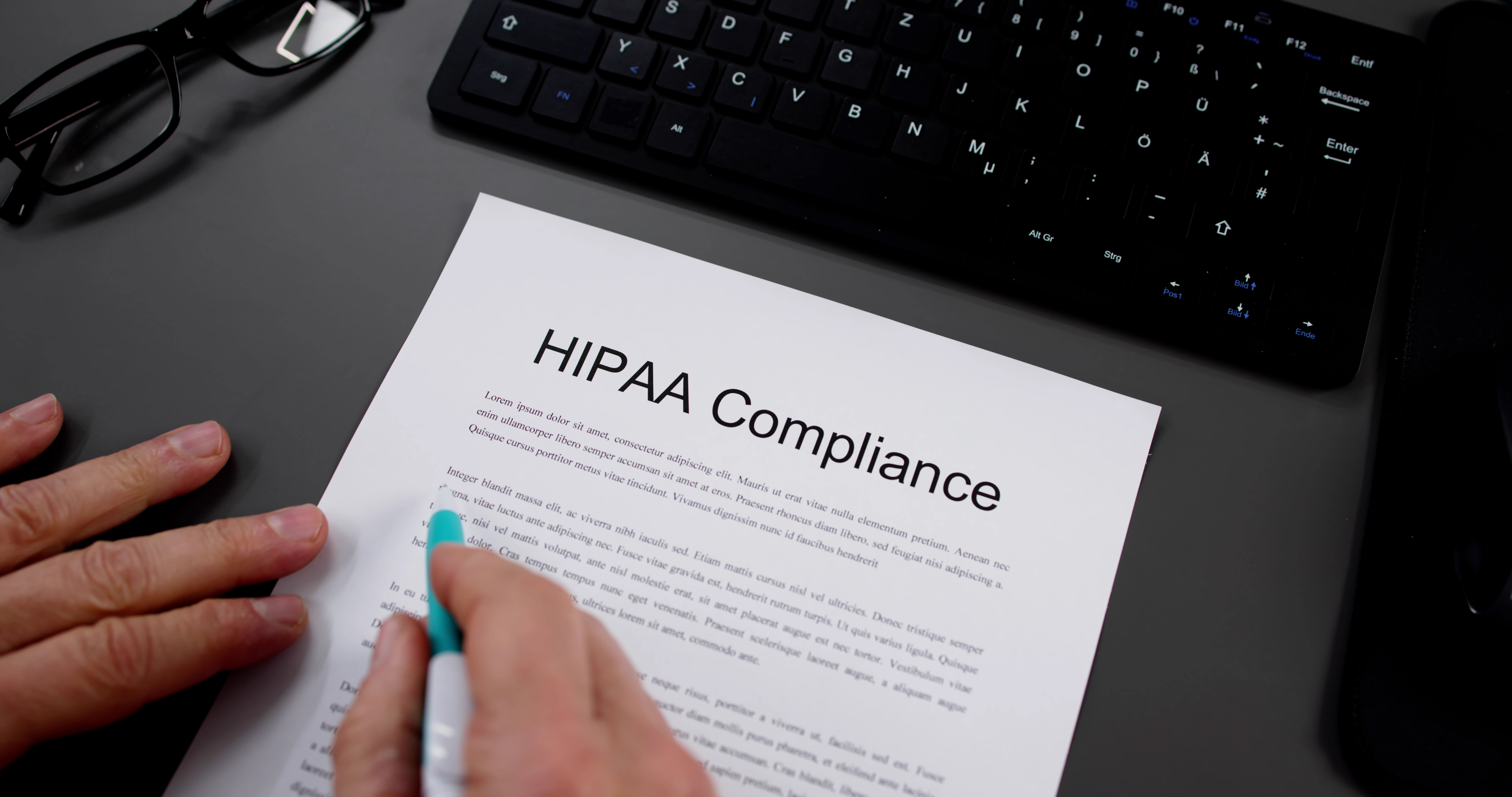HIPAA violations pose significant risks to organizations, from costly fines to damaged trust and loss of face with patients and customers. For HR departments, which often handle sensitive employee and patient health information, preventing HIPAA violations is a top priority. By ensuring compliance with the Health Insurance Portability and Accountability Act (HIPAA), HR professionals safeguard personal health information (PHI) while maintaining trust and minimizing legal exposure.
Here are actionable strategies and best practices HR teams can implement to prevent HIPAA violations and protect sensitive data effectively.

1. Understand What Constitutes a HIPAA Violation
HIPAA violations occur when protected health information (PHI) is improperly accessed, shared, or handled. Examples include:
- Sending PHI to the wrong recipient.
- Discussing an employee’s health status in a public space.
- Failing to secure physical or electronic health records.
HR professionals must understand these scenarios to recognize risks and proactively address vulnerabilities in their processes.
2. Develop Clear Policies to Prevent HIPAA Violations
To minimize the likelihood of HIPAA violations, HR should implement detailed policies for managing PHI. These policies should address:
- Access control: Clearly define which HR team members can access PHI.
- Data storage: Use secure, HIPAA-compliant systems for storing physical and digital records.
- Communication guidelines: Ensure all correspondence involving PHI is encrypted and shared securely.
Regularly review and update these policies to reflect changes in regulations or workplace technology.
3. Train HR Staff on HIPAA Compliance
Comprehensive and ongoing training is essential to prevent HIPAA violations. Training should include:
- Identifying PHI and understanding its sensitivity.
- Proper procedures for handling and sharing health information.
- How to report potential breaches or compliance issues.
HR staff should receive annual training and updates when new compliance requirements are introduced.
4. Leverage Technology to Protect PHI
HR departments often rely on technology to manage employee data, which increases the risk of HIPAA violations if systems are not secure. To mitigate this risk:
- Use software designed with HIPAA compliance in mind.
- Implement encryption for electronic PHI and secure email communication tools.
- Restrict system access through role-based permissions and two-factor authentication.
5. Conduct Regular Audits
Auditing HR practices is a proactive way to identify and address gaps in HIPAA compliance. Effective audits may include:
- Reviewing system access logs to ensure only authorized personnel handle PHI.
- Ensuring physical files are securely stored and access is restricted.
- Verifying adherence to encryption and secure transmission protocols.
These audits help uncover risks before they lead to HIPAA violations.
6. Promote a Culture of Confidentiality
Preventing HIPAA violations goes beyond compliance—creating a culture of respect for privacy is essential. This involves:
- Educating all employees on the importance of confidentiality.
- Ensuring HR team members conduct private conversations about health information in secure environments.
- Reinforcing the importance of discretion when discussing health-related matters.
7. Respond Effectively to Breaches
Even with preventative measures in place, HIPAA violations can happen. HR must have a response plan that includes:
- Promptly notifying affected individuals.
- Reporting breaches to the Department of Health and Human Services (HHS) when required.
- Investigating the incident to identify the root cause and implementing corrective actions.
Conclusion
HR plays a critical role in preventing HIPAA violations by understanding compliance requirements and taking proactive steps to protect sensitive information. From training staff to leveraging secure technology and fostering a culture of confidentiality, HR teams can mitigate risks and build trust within their organizations.
By making HIPAA compliance a priority, HR not only avoids costly penalties but also demonstrates a commitment to ethical and responsible handling of health information. Implementing these strategies will help organizations stay compliant and protect the privacy of all employees.










